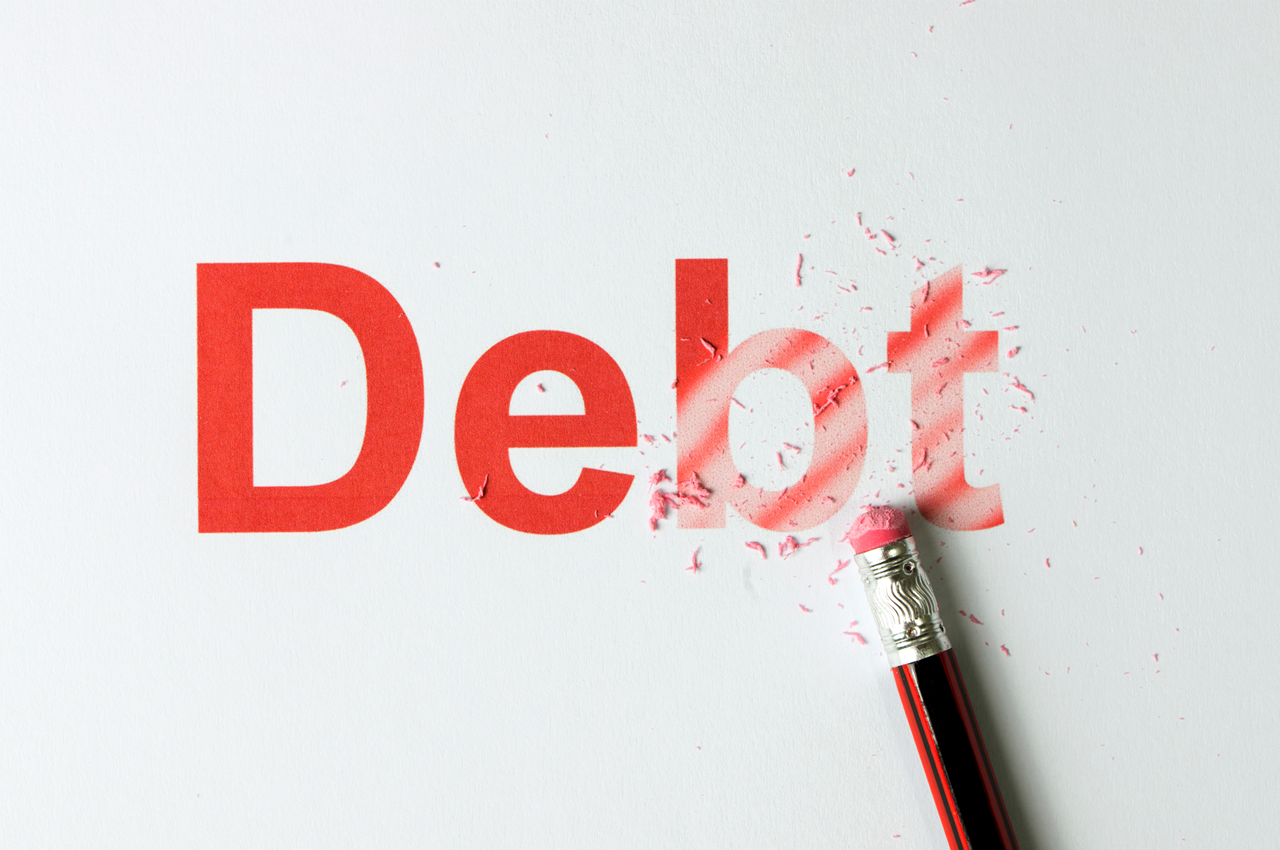Do you sometimes find at mid-month, salary is spent, but groceries need to be bought? Then it’s time to get to grips with why you overspend and figure out how to get a handle on your finances.
Ah, January: blue skies, sunshine… and the longest month of the year. If you’re like 75% of South Africans, chances are you have overspent during the festive season. Who doesn’t get caught up when everyone else seems to be splurging on gifts, meals and holidays? Then, even before those costs are tallied up, there’s the reality of school supplies and other expenses at the start of the year. It’s tempting to use a credit card, open another store account or get a quick loan. But beware – if you don’t take control of your money, it will end up controlling you.
When we dig ourselves into debt, it places tremendous strain on relationships, particularly in households where money is not discussed. Children learn to fear the subject, so the situation continues for generations. The fact is that most of us were simply not taught how to understand debt or manage money. The good news is that you can improve your financial literacy – and you don’t even need to be a maths whizz to do it.
Understanding debt
A crucial step to managing debt is understanding the difference between good and bad debt. According to debt experts, debt that increases your net worth such as property or education is considered ‘good debt’. However, using credit to buy non-essentials, you run up bad debt, meaning less money to invest in your future. What’s more, you run the risk of credit blacklisting, which could prevent you from accessing home loans or even rental agreements in future. Ask yourself: Is that new pair of jeans worth it?
Check your triggers
Why are you overspending? It’s important to figure this out or you’ll just keep going back into the red. Are you bowing to societal pressure to flash the cash? Struggling to differentiate between wants and needs? Not planning ahead? Feeling emotionally down and trying to pep yourself up with spending sprees or retail therapy? Understanding your relationship with money will require introspection and you may need to note how you were feeling when you purchased something you didn’t really need.
Have a budget
There is a saying that a budget is telling your money where to go instead of wondering where it went. Start by first noting everything you need to spend money on (housing, food, medical expenses and so on), then the things you want. Once you know how much you need to spend, you can compare it to your upcoming purchases. It’s a good idea to write down your shopping list and avoid being distracted by impulse buys.
Be open about it
Money taboos must fall! Instead of keeping financial issues a big secret, the whole family needs to know what the plan is to manage debt. Shielding children from money troubles does them no favours in the long run, so explain to them why spending will be curtailed. It’s important to be open with friends and extended family too – they don’t need every detail, but they do need to understand that you’re putting a time-out on unnecessary spending. This way, they can also support you.
Call on the experts
Learn the fundamentals of managing money through a short course, book or podcast. Getting and following sound financial advice will make an enormous difference to you and your family’s future. It may call for tough decisions but when you look back you will see it was worth it.
Learn more
Read more
- From Debt to Riches by Phumelele Ndumo
- Rich Dad Poor Dad by Robert Kiyosaki
Listen
There’s no time like the present to take charge of money matters. When you spend prudently, you know you are investing in your future. What could feel better than that?
Remember that you can contact your employee wellness programme for financial and legal advice. The service is confidential and free.

